Artificial Intelligence (AI) is a branch of computer science that deals with creating intelligent machines that can perform tasks that typically require human intelligence, such as visual perception, speech recognition, decision-making, and language translation.
AI uses various techniques such as machine learning, deep learning, natural language processing, and robotics to create intelligent machines that can learn and adapt to new situations. These machines can be trained to recognize patterns, make predictions, and provide insights based on large amounts of data.
What is Creativity?
The ability to come up with original ideas, solutions, or artistic manifestations is creativity, which is frequently linked to intellect in people. It includes the ability to think creatively, independently, and outside the box. The significance of human creativity has spurred advancement and invention throughout history. Can machines, however, have this elusive quality?
AI’s Role in Creativity
Although Artificial Intelligence has made incredible progress in a number of areas, including language processing and picture identification, can it also be creative? The human element of creativity has been harder to imitate, despite the fact that machines are excellent at jobs like pattern recognition, data analysis, and optimisation. But artificial intelligence is increasingly being utilised to boost human creativity and speed up the creative process.
Assisting Human Creativity
AI innovations have the potential to be effective tools for fostering and enhancing human creativity. For example, AI-driven recommendation systems might make fresh suggestions for thoughts, ideas, or design aspects based on extensive data research. Artificial intelligence (AI) algorithms can help creators of art, literature, or innovations come up with new concepts and consider new options by analysing patterns and trends.
Generating Art and Music
AI has shown incredible talent for creating music and art. Beautiful works of art, original music, and even poetry have all been produced using neural networks and deep learning algorithms. The distinction between human and machine creativity is frequently blurred in these AI-generated works, which can be rather stunning. The dispute over whether AI can fully comprehend the essence of music and art continues, nevertheless.
Collaborative Creativity
AI can also encourage group innovation by taking on the role of a collaborator or co-creator. AI systems can enhance creativity by finding patterns in enormous volumes of data and offering insightful commentary. For instance, AI algorithms can produce design possibilities depending on specific criteria supplied by human designers in industries like architecture and design. With the help of this cooperative strategy, humans and robots can collaborate to produce inventive and imaginative results.
Limitations of AI’s Creativity
While AI has showed potential in some creative endeavours, it is important to understand the constraints of machine creativity. Several things prevent artificial intelligence from matching human creativity, including the following:
Lack of Intuition and Emotion
Human creativity frequently results from intuition, feelings, and the capacity to find inspiration in a variety of experiences. AI, on the other hand, is devoid of the subjective knowledge and emotional intelligence that support the breadth and depth of human creativity. Even though they are capable of processing enormous amounts of data, robots still have a limited comprehension of human emotions and subtleties.
Contextual Knowledge
Understanding and interpreting complex settings are frequently prerequisites for creativity. Despite their sophistication, AI systems struggle with contextual comprehension outside of predefined boundaries. Machines still have substantial difficulties in understanding metaphors, cultural allusions, and abstract notions. As a result, they might not produce works of art that have the same level of complexity and nuanced interpretation that people can.
Originality and Innovation
AI faces a special issue when it comes to the idea of originality and innovation in creativity. Even if machines can learn from enormous datasets and produce work that matches current styles or trends, true uniqueness necessitates the capacity to go beyond accepted norms and pioneer novel ideas. Producing really ground-breaking and original work is challenging because AI systems are constrained by their inherent limitations to the data they have been trained on.

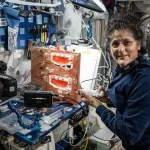
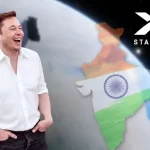



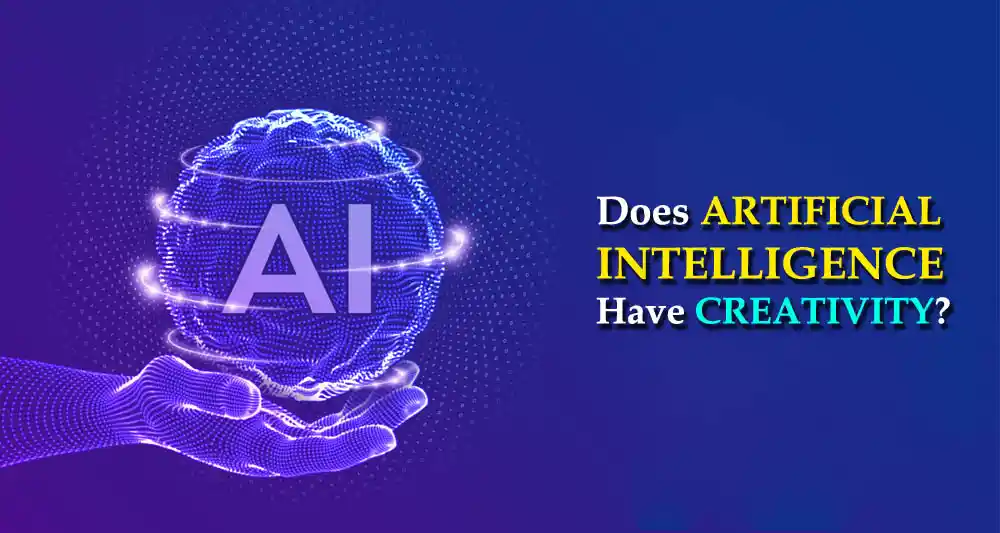


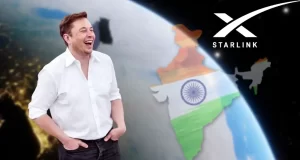


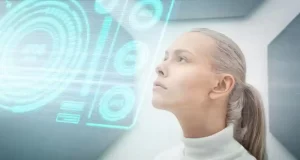
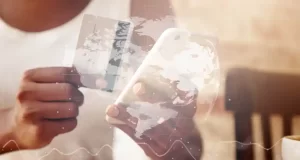
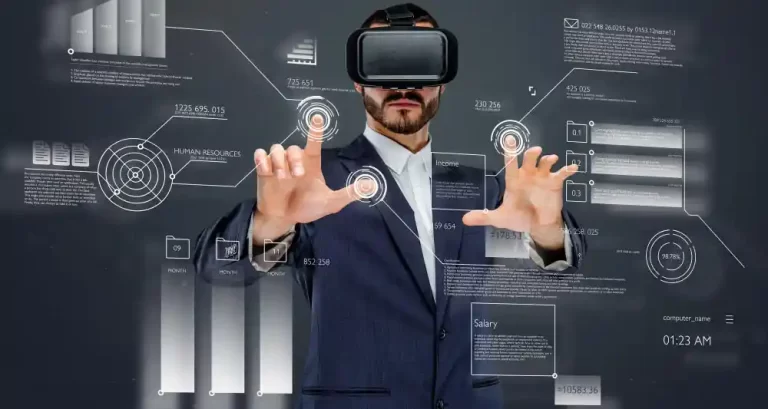

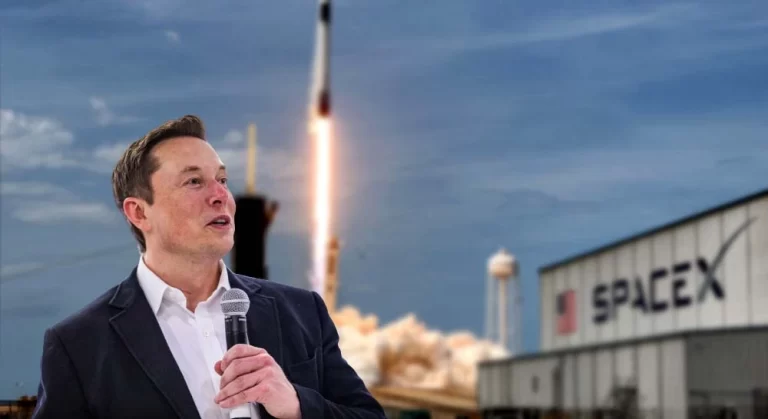
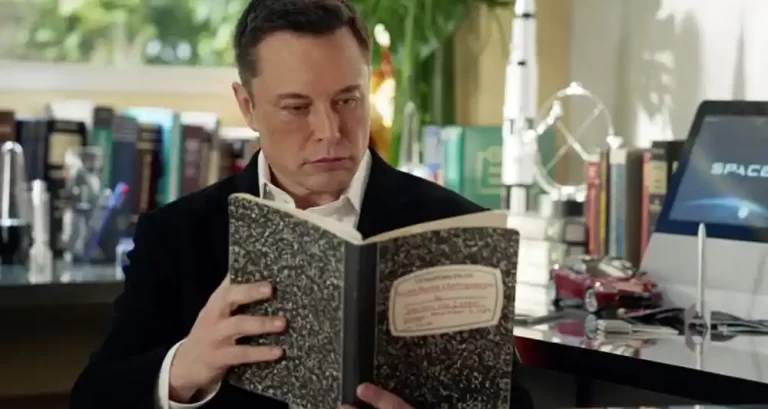


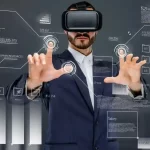


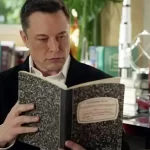

+ There are no comments
Add yours